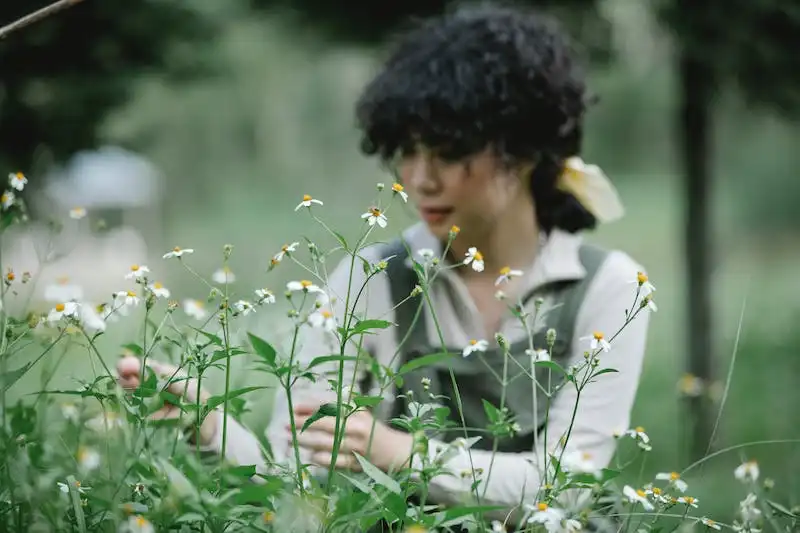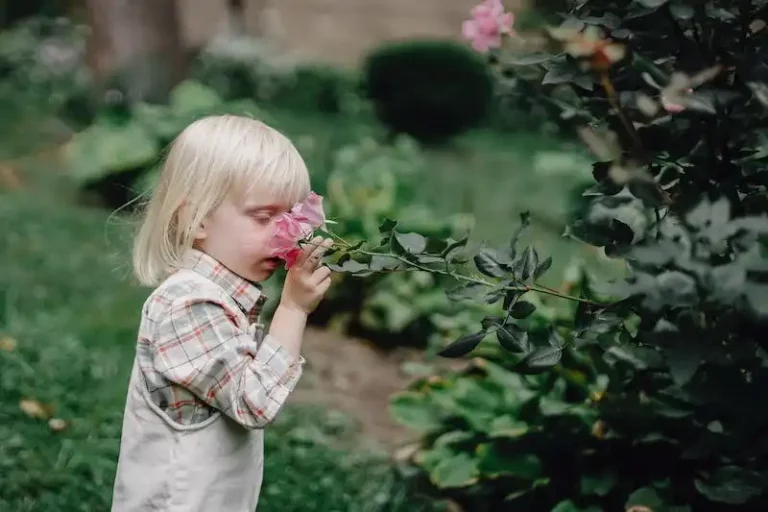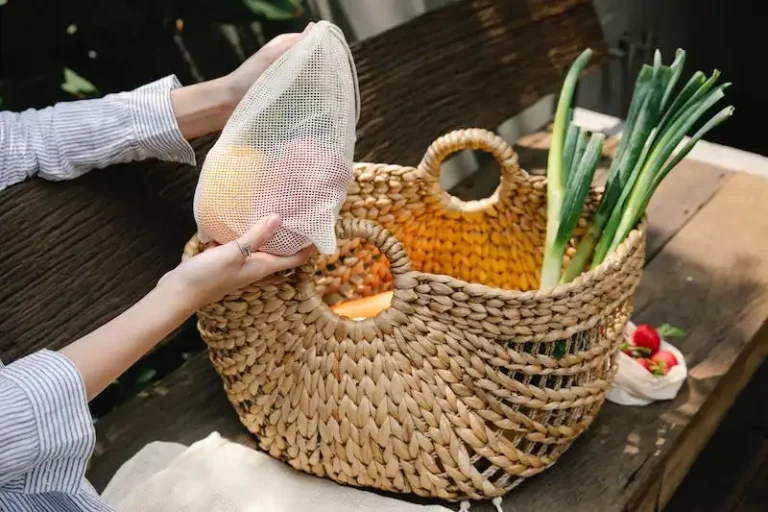Poinsettias are a festive and popular plant during the holiday season, but there has always been a calling of whether or not they are really poisonous. Many people have believed that a poinsettia plant exposure can be toxic, but is this really the truth? Let’s take a closer look at the facts and separate myth from reality when it comes to poinsettias and their toxicity.
According to a study conducted by the University of Pennsylvania, poinsettias are not as poisonous as they have been made out to be. In fact, a full ingestion of poinsettia leaves would have little to no effect on a person’s health. The study found that poinsettias have a low toxicity threshold, with the highest concentration of toxic ingredients found in the stem of the plant. This means that even if a small child were to chew on a poinsettia leaf, the chances of having any symptoms or adverse effects are highly unlikely.
Despite this research, it is important to remember that poinsettias are still considered to be potentially toxic. If you or someone you know has been exposed to a poinsettia plant, it is always best to err on the side of caution. Here are a couple of tips to keep in mind:
– If you suspect poinsettia poisoning, immediately call your local poison control center or the toll-free Poison Help hotline at 1-800-222-1222.
– Wash any exposed areas thoroughly with soap and water.
– Do not induce vomiting unless specifically instructed to do so by a healthcare professional.
It is also worth noting that poinsettias are not only toxic to humans, but also to dogs. If your furry friend has ingested any part of a poinsettia plant, it is essential to seek emergency veterinary care.
In conclusion, while poinsettias do contain potentially toxic substances, the level of toxicity is relatively low and full exposure is unlikely to cause harm. It is always important to practice prevention and keep poinsettias out of reach of small children and pets. When it comes to poinsettia plant exposure, knowing the truth and taking appropriate action is key to ensuring the safety and well-being of everyone involved.
References:
– “Poinsettia Toxicity: A Myth Busted” – University of Pennsylvania
– “Poinsettias” – Philadelphia Poison Control Center
Are poinsettias poisonous
Poinsettias are popular festive plants. They are commonly used as decorative plants during the holiday season. However, there is a widespread belief that poinsettias are toxic and can cause harm if ingested. But is this really true?
The truth is that poinsettias are not as poisonous as commonly believed. According to the American Association of Poison Control Centers, poinsettias do contain a milky sap that can be irritating to the skin and cause mild digestive upset if ingested. However, severe poisoning from poinsettias is rare.
A study conducted by the Children’s Hospital of Philadelphia and the University of Pennsylvania found that out of 22,793 reported cases of poinsettia exposure, only 0.003 percent resulted in moderate toxicity. This means that most cases involve minor symptoms and can be easily managed at home.
If you suspect that a child or pet has ingested poinsettia, it is important to take the following steps:
- Wash the affected area with soap and water if in contact with the sap.
- If the plant was eaten, remove any remaining plant material from the mouth.
- Call the Poison Control Hotline at 1-800-222-1222 for further advice and information.
It is important to note that while poinsettia poisoning is rare and usually mild, there have been rare cases of more severe reactions, especially in individuals with certain allergies or sensitivities. Therefore, it is always better to err on the side of caution and seek medical attention if you have any concerns.
In conclusion, poinsettias are not highly toxic plants. They may cause mild irritation and digestive upset if ingested, but severe poisoning is rare. Taking proper care and knowing how to handle and prevent exposure to poinsettias can ensure a safe and enjoyable holiday season.
The Full Story
This article provides the full story about poinsettia plant exposure and its potential toxicity. Poinsettias are popular plants that are commonly found in homes during the holiday season. While some believe they are highly poisonous, this is actually a myth.
According to a study conducted at the University of Pennsylvania School of Veterinary Medicine, poinsettias are considered to have low levels of toxicity. The study found that a 50-pound dog would need to eat over 500 poinsettia leaves to reach a toxic level.
However, it is still important to take precautions when it comes to poinsettia plant exposure, especially for young children and pets. If ingested, poinsettias can cause mild gastrointestinal symptoms such as vomiting and diarrhea. It is recommended to call the Poison Control Hotline or seek medical help if a child or pet has ingested poinsettia leaves.
Before bringing poinsettias home, it is important to be aware of the potential risks and take necessary precautions. Keep poinsettia plants out of reach of children and pets, and wash your hands after handling the plants to avoid any potential irritation.
In summary, while poinsettias are not highly toxic, it is important to exercise caution and proper care before and after exposure to these plants. Follow the provided tips and references from Poison Control Hotline and take steps to prevent any potential poisoning.
Poisoned
When it comes to poinsettia plants, there is a common misconception that they are highly poisonous. However, this is not entirely true. While poinsettias are toxic and can cause discomfort if ingested, they are not deadly.
The truth is, poinsettias do contain a milky-white sap that can cause irritations and stomach discomfort if ingested. The sap contains a compound called latex, which can cause an allergic reaction in some individuals. Small children and pets are more susceptible to the toxic effects of poinsettias, so it’s important to keep these plants out of their reach.
If you suspect that your child or pet has ingested a poinsettia plant or has come into contact with its sap, it is important to take precautions. The first step is to call the Poison Control Center or seek medical advice. They can provide you with the necessary guidance and information on how to best handle the situation.
In terms of prevention, it’s important to keep your poinsettia plant out of reach of children and pets. Place it in a location where they cannot access it, such as on a high shelf or in a room they do not have access to. Additionally, avoid having small pieces of the plant, such as leaves or stems, lying around the house where children or pets might find them.
If you are having poinsettias in your home during the festive season, it’s important to wash your hands after handling the plants to prevent any potential irritation or allergic reaction. Remember, prevention is always better than cure.
If you have any concerns or questions about poinsettia plant exposure, you can contact the Poison Control Center at the toll-free hotline 1-800-222-1222. They have the most up-to-date information on poinsettia toxicity and can provide you with immediate assistance.
In conclusion, while poinsettias are toxic plants, the level of toxicity is relatively low and they are not lethal if ingested. However, it is crucial to take appropriate precautions and keep these plants away from children and pets to avoid any potential harm or discomfort.
Sources: University of Poinsettia Toxicity, American Society for the Prevention of Cruelty to Animals (ASPCA)
Prevention Tips
When it comes to poinsettia plant exposure, prevention is key to keeping your loved ones safe. Here are some important tips to consider:
- Keep poinsettias out of reach of children and pets, especially dogs, as they can be attracted to the bright colors and festive appearance of the plant.
- If you have small children or pets in your home, it’s best to avoid having poinsettias altogether.
- Be cautious when handling poinsettias, as the sap and leaves of the plant can cause skin irritation and eye redness. Wash your hands thoroughly after coming into contact with the plant.
- If you suspect poinsettia poisoning, don’t wait for symptoms to appear. Call a local poison control center or your nearest emergency hotline immediately. Time is of the essence.
- Don’t fall for the myth that poinsettias are highly toxic. While the plant’s sap and leaves contain a toxic ingredient, the level of toxicity is not high enough to cause serious harm in most cases.
- Before having poinsettias in your home, familiarize yourself with the plant’s toxicity and the potential risks it poses. This way, you can take appropriate precautions.
- To create a safer environment, consider decorating your home with non-toxic alternatives to poinsettias.
Remember, prevention is always better than cure, and in the case of poinsettia plant exposure, it’s better to be safe than sorry. Stay informed and take the necessary steps to ensure the well-being of your family and pets.
This Really Happened
According to a small Philadelphia university, the truth about poinsettia plant exposure is not really as toxic as it was once believed to be. In an editorial having the full story on poinsettias, it was found that the plant’s toxicity is actually quite low, especially in children. The source of this information is the Poison Control Hotline.
Before reaching a toxic threshold, a child would have to consume a large amount of poinsettia leaves. The hotline provided tips on the prevention and control of poinsettia poisoning, calling it a “myth” and stating that the chances of a child being poisoned by poinsettias are very small.
In case of exposure, the hotline advises washing the exposed area and calling the Poison Control Hotline for more info. The prognosis for poinsettia toxicity is generally good, with symptoms usually resolving on their own. However, if severe symptoms occur, it is recommended to seek emergency medical care.
This story challenges the popular belief that poinsettias are highly poisonous plants. While it is true that the plant contains certain toxic substances, the likelihood of any serious harm occurring from eating poinsettias is very low. These festive plants can still be enjoyed in the home without worrying about their toxicity.
References:
- Philadelphia university editorial on poinsettia plant toxicity (source)
- Poison Control Hotline information on poinsettia poisoning prevention and treatment
- Poisindex service, providing detailed poison information




